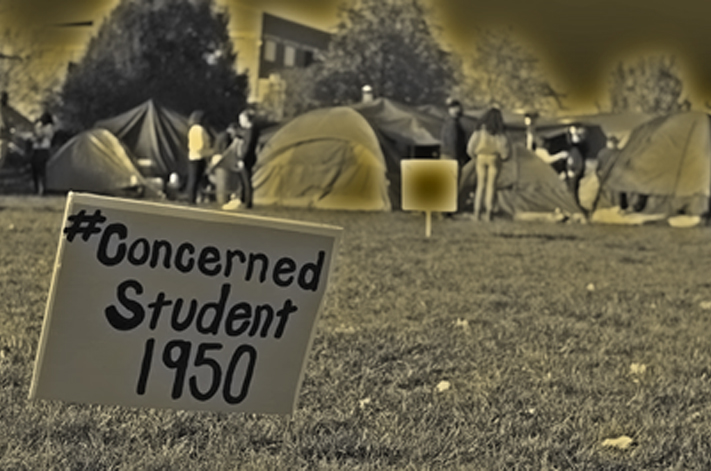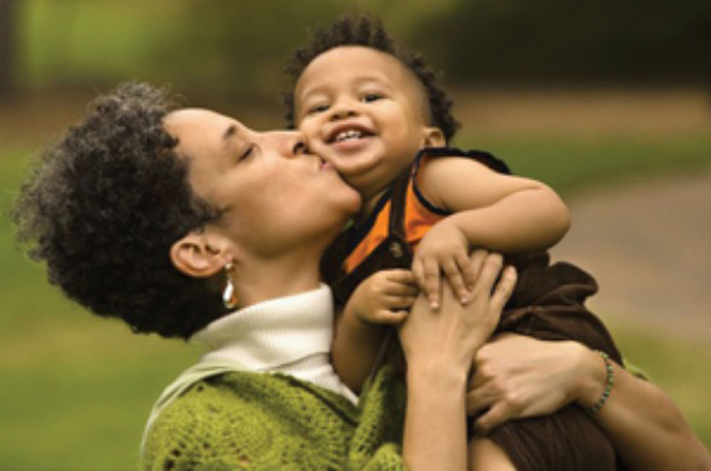Project Description
'… And no offense, Felicia, but you can tell they were mostly first-generation!'
At the time, I had just written about the need to address racism and microaggressions, and was still reeling from accusations of hypersensitivity directed to me via the comments and emails. I didn’t have the energy to speak up on behalf of yet another subculture of academia that is often made to feel as though we don’t understand the rules of engagement required of the academic elite. Heaven forfend a group of first-generation students hold a fund raiser without live jazz, a seafood entrée, and numbered tables.
Research has shown that first-generation students face unique challenges, often selling themselves short academically and struggling to adapt to the rigor and social norms of college environments. However, in my graduate program, I’ve learned that navigating the academic and social terrain as a first-generation student becomes even more difficult – personally and professionally.
While many of my grad-school peers receive social support and guidance from college-educated parents and extended family members (several with advanced degrees), I’ve watched the support I had during my undergraduate years become increasingly spotty. It’s difficult to rely on folks back home when they don’t understand the crux of what I do on a daily basis or, even worse, they imagine I’m living in the lap of luxury with no room to complain about my comfortable collegiate life.
Meanwhile, administrators and faculty members expect complete knowledge and understanding of the academic playbook from all who hope to obtain an advanced degree. I’m constantly reminded that, as a doctoral student, I should know better. I should have known to apply for an assistantship months before I received my acceptance letter. I should have known to research my adviser’s reputation before agreeing to work with that person. I should have known to check the attendance roster from my first academic conference to know which senior scholar from my field would be in attendance.
The long list of “should haves” undoubtedly places me at a disadvantage. I recently told my graduate coordinator that I could write a book about all the things I should have known coming into graduate school, but had no way of finding out. A chapter in that book would detail how the pursuit of knowledge in higher education often comes with ties to a complementary social club. And, not matter how reluctant they are to admit it, many of its members judge newbies based on how well they acclimate to the group’s culture. I recently read an article that offered a complete rundown on how to behave at dinner during the on-campus interview. I took notes.
Unfortunately, there aren’t enough such articles in circulation to teach first-generation scholars the ins and outs of the academy. I often share with mentees how when I was first convinced – yes, convinced – to apply to graduate school, I didn’t know what a master’s degree was, let alone a doctorate. In fact, I didn’t know to say “doctorate,” and went around at first referring to it as a “doctor’s” or “doctorial” degree. Finally, someone corrected me. I was mortified. How many people had let me walk around mispronouncing my degree?
As a result, I developed my own rules of engagement to increase the odds of my success. I encourage any first-generation scholar to consider these when the going gets, well, academic*:
- Never be afraid to ask questions. I tend to agree with the notion that there are no stupid questions. A question can be uninformed or disrespectful – say, if you didn’t read an e-mail or if you skimmed over the fine print – but not stupid. If there is a term that I don’t understand or a word that I can’t pronounce, and I’ve done as much as I could in my power to figure it out, I never shy away from asking a question. Most of the time, I end up saying what everyone else is thinking.
- Always allow your perspective to be heard. As a first-generation scholar, I bring to the table diversity in experiences and perspective. I speak up because I’m aware that others in the room lack my unique vantage point. A few semesters ago, my class tackled the ethics of Methadone (heroin substitute) clinics. During the discussion, I realized that no one in the room personally knew a drug addict and I did. Once I shared my perspective, the energy in the room shifted and the trajectory of the conversation changed.
- Your race, your pace. This is a gem I borrowed from a running buddy and it serves as a reminder that my journey is unique and there’s no need to compare myself to others. It’s so easy to overhear someone boast about an approved IRB application or an accepted publication and to wonder why those things aren’t happening for you. I just keep reminding myself: I’m figuring this process out as I go, and as long as I adhere to deadlines and make progress, I’m allowed to establish my own parameters for success.
- Abandon imposter syndrome. The most important rule of all serves to remind me that feeling uncomfortable in a place doesn’t mean I don’t belong there. In fact, I’ve found that it is during those times when I’ve felt the most discomfort that I have also felt the most valuable (see rule No. 2). The nagging voice that says I don’t belong discredits everything I’ve done to get to a certain point. Pursuing an advanced degree is an admirable and challenging feat, and I remind myself of this by celebrating every milestone. An acceptance letter, a completed course, a compliment from a student, and a dissertation defense are all causes to celebrate hard work and achievement.
*Rules not set in stone. After all, I’m still figuring it out.
Felicia Harris is a recent doctoral graduate of the Grady College of Journalism and Mass Communication at the University of Georgia.
This piece was reprinted by EmpathyEducates with permission or license. We thank the Author, Felicia Lynne Harris and Vitae for their kindness. We are grateful for open, honest, reflective and perspicacious observations. If only more of us questioned those societal “should” standards, imagine what we could…










